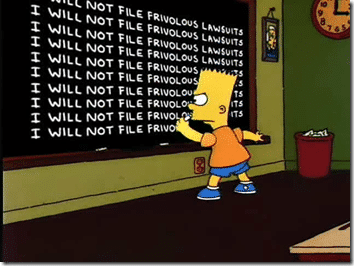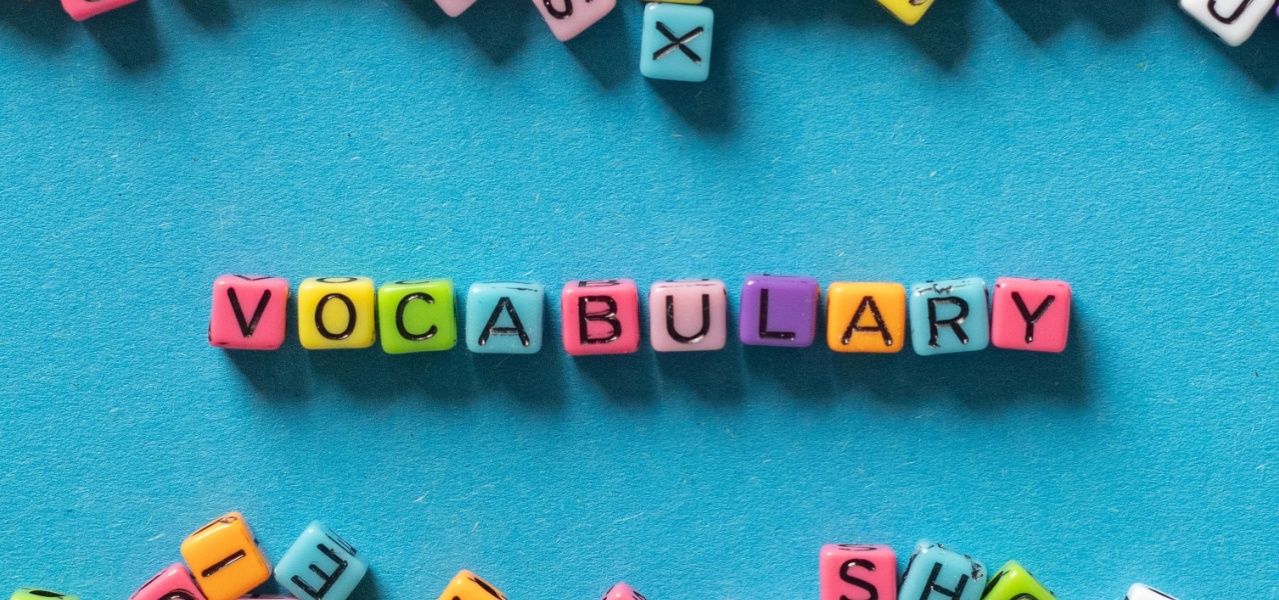A Boston Globe piece entitled Skeptics add to food allergy burden for parents describes the challenges that parents of food allergic children face when closed-minded morons accuse a parent of being overprotective rather than vigilante when it comes to the health and safety of their kids.
The number of children with reported food allergies continues to rise — from 3.5 percent in 1998 to 5.2 percent in 2012, according to the National Center for Health Statistics. With that increase has come a heightened awareness of allergies, but some parents of allergic children say they are sometimes branded hypochondriacs or labeled as overprotective by neighbors, late-night comics, and even grandparents.
Beyond suspicion that allergies can’t be fatal — particularly non-peanut allergies — some parents say they face disbelief that their children’s allergies exist at all. That’s a perception fed in part by the enormous number of Americans who avoid things like gluten or dairy for lifestyle rather than life-and-death reasons. Skepticism was likewise fueled by a 2010 study in the Journal of Pediatrics that found an overreliance on blood tests to diagnose food allergies had led to avoidance of foods that could actually be eaten.
“It makes it harder because people think we’re all misdiagnosed, that we’re hypochondriacs,” Francoeur said.
My daughter is allergic to peanuts. I have yet to run into one of these skeptical idiots, but if someone ever questioned my daughter’s food allergy or the caution that we take (Clara included) to ensure that she is safe, I suspect that I would do what I do best:
Find ways of verbally abusing them until they were silenced, embarrassed or crying.
Hopefully all three.
Unfortunately, I have encountered people who bemoan the sudden increase in food allergies and ask me why I think so many children today suffer from this condition.
My typical response is something like:
Did you mistake me for a medical research scientist? Or some all-knowing seer? How the hell am I supposed to know? Why would you even ask me that question?
I don’t ask these questions nicely.
Though I have yet to encounter any skeptics in regards to my daughter’s allergy, I have dealt with skeptics like this before in regards to my own allergies.
I am allergic to bee stings and mustard. Each of these allergies illicit different types of responses from skeptics.
When a bee is flying in close proximity to me, my reaction is to exit the area immediately. While most people see this as a perfectly rationale approach (especially given that I nearly died and required CPR following a bee sting once). an occasional idiot will scoff at my avoidance strategy and assure me that if I don’t move, the bee won’t sting me.
First, I wasn’t moving when the bee that almost killed me stung me, so this is simply not true.
Second, I think of bees as tiny bullets. While bees might rarely sting a person who is not moving, rarely is still enough to kill me. I often ask, “If a man was waving a loaded gun in your face, would you remain seated and calm, even if he assured you that he would not fire if you remained still?”
This usually shuts the person up.
The most common response to my mustard allergy is to doubt it’s existence entirely. Since these people have never encountered a person with a mustard allergy before, they assume that my allergy must not be real.
Several years ago, one of these skeptics was present when I accidentally took a bite of a burger with mustard and had an immediate reaction. My face and hands broke out in hives and breathing became difficult for me. While I do not enjoy this reaction, it was quite satisfying to experience it in front of my skeptic.
The best response to these food skeptics is to ignore them. Their skepticism is merely a sign of their stupidity, and stupid people are best ignored.
If this proves impossible, the next best response is to respond immediately and harshly. Hit them where it hurts. Acquire allies. Make a scene. Call them names. Divulge long-held secrets. MAKE THEM CRY.
Ensure that they will never openly doubt the food allergy of another person again.








